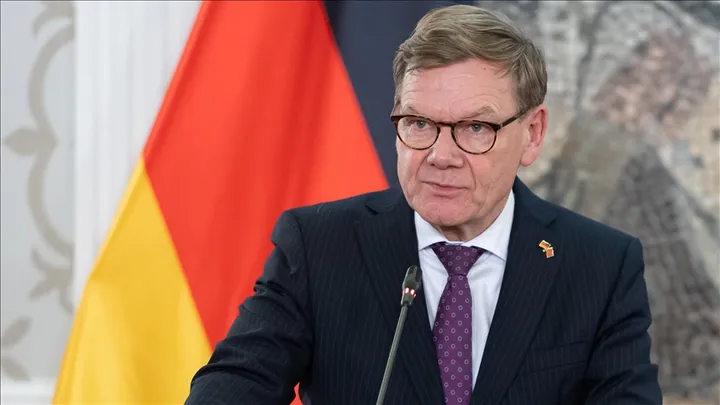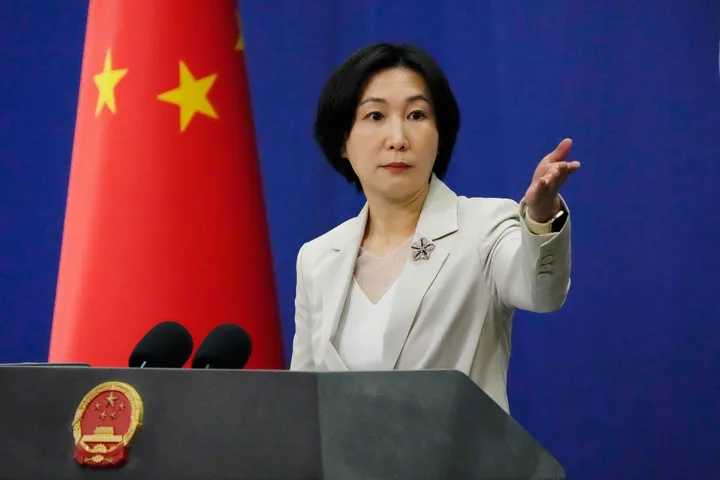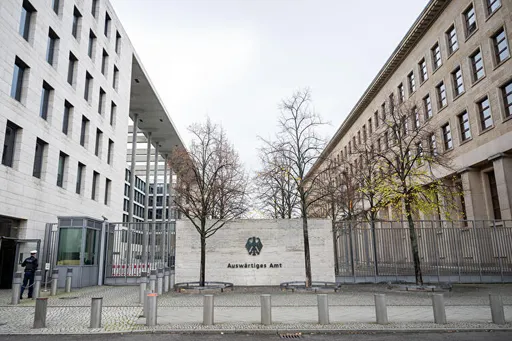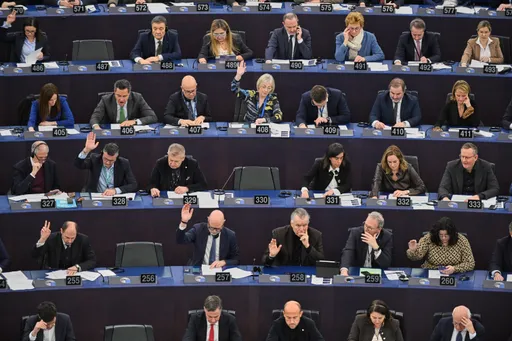The US Supreme Court on Tuesday handed Donald Trump one of the biggest victories of his presidency, upholding his travel ban targeting several Muslim-majority countries.
The 5-4 ruling, with the court's five conservatives in the majority, ends, for now, a fierce fight in the courts over whether the policy represented an unlawful Muslim ban.
Trump said the Supreme Court's ruling upholding his travel ban was a victory for Americans and "a moment of profound vindication" for his policy after lower courts had blocked his travel ban announced in September, as well as two prior versions, in legal challenges brought by the state of Hawaii and others.
"Today’s Supreme Court ruling is a tremendous victory for the American people and the Constitution," he said in a statement.
"This ruling is also a moment of profound vindication following months of hysterical commentary from the media and Democratic politicians who refuse to do what it takes to secure our border and our country."
The court held that the challengers had failed to show that the ban violates either US immigration law or the US Constitution's First Amendment prohibition on the government favouring one religion over another.
TRT World'sJon Brain reports.
"Got it right", says McConnell
The Supreme Court decision indicated it "finally got it right," the Senate Republican leader Mitch McConnell said on Tuesday.
The Supreme Court weighed in on the third version of the ban.
"There were several earlier iterations of the so-called travel ban. I think the administration finally got it right. The Supreme Court agreed with that, and I think this is a decision the president should feel good about and I'm comfortable with, even though I didn't care for the earlier versions," McConnell told reporters.
TRT World'sLeone Lakhani has more.
Meanwhile, US Attorney General Jeff Sessions applauded on Tuesday the Supreme Court's decision.
"This decision is critical to ensuring the continued authority of President Trump and all future presidents to protect the American people," Sessions told a meeting of attorneys in downtown Los Angeles.
Protesters condemn travel ban decision
However, dozens of protesters chanting, "no ban, no wall", gathered outside the US Supreme Court to condemn the decision. They vowed to continue their fight against the measure.
"No court decides the perimeters of our community's humanity. We will continue to resist," cried activist Darakshan Raja, founder of Justice for Muslims Collective in Washington.
TRT World spoke to Professor David Woodard, a political consultant for various Republican candidates, and former Thurmond Professor of Political Science at Clemson University in South Carolina.
"National security justification"
Writing for the court, Chief Justice John Roberts said the government "has set forth a sufficient national security justification" to prevail.
"We express no view on the soundness of the policy," Roberts added.
The ruling affirmed broad presidential discretion over who is allowed to enter the United States. It means that the current ban can remain in effect and that Trump could potentially add more countries.
Trump has said the policy is needed to protect the country against attacks by militants.
TRT World's Tetiana Anderson has the latest from Washington DC.
The current ban, announced in September, prohibits entry into the United States of most people from Iran, Libya, Somalia, Syria and Yemen. The Supreme Court allowed it to go largely into effect in December while the legal challenge continued.
The challengers have argued the policy was motivated by Trump's enmity toward Muslims and urged courts to take into account his inflammatory comments during the 2016 presidential campaign. Trump as a candidate called for "a total and complete shutdown of Muslims entering the United States."
Ahmed Bedier, president of United Voices for America, spoke with TRT World after the ruling.
The travel ban was one of Trump's signature hardline immigration policies that have been a central part of his presidency and "America First" approach. Trump issued his first version just a week after taking office, though it was quickly halted by the courts.























